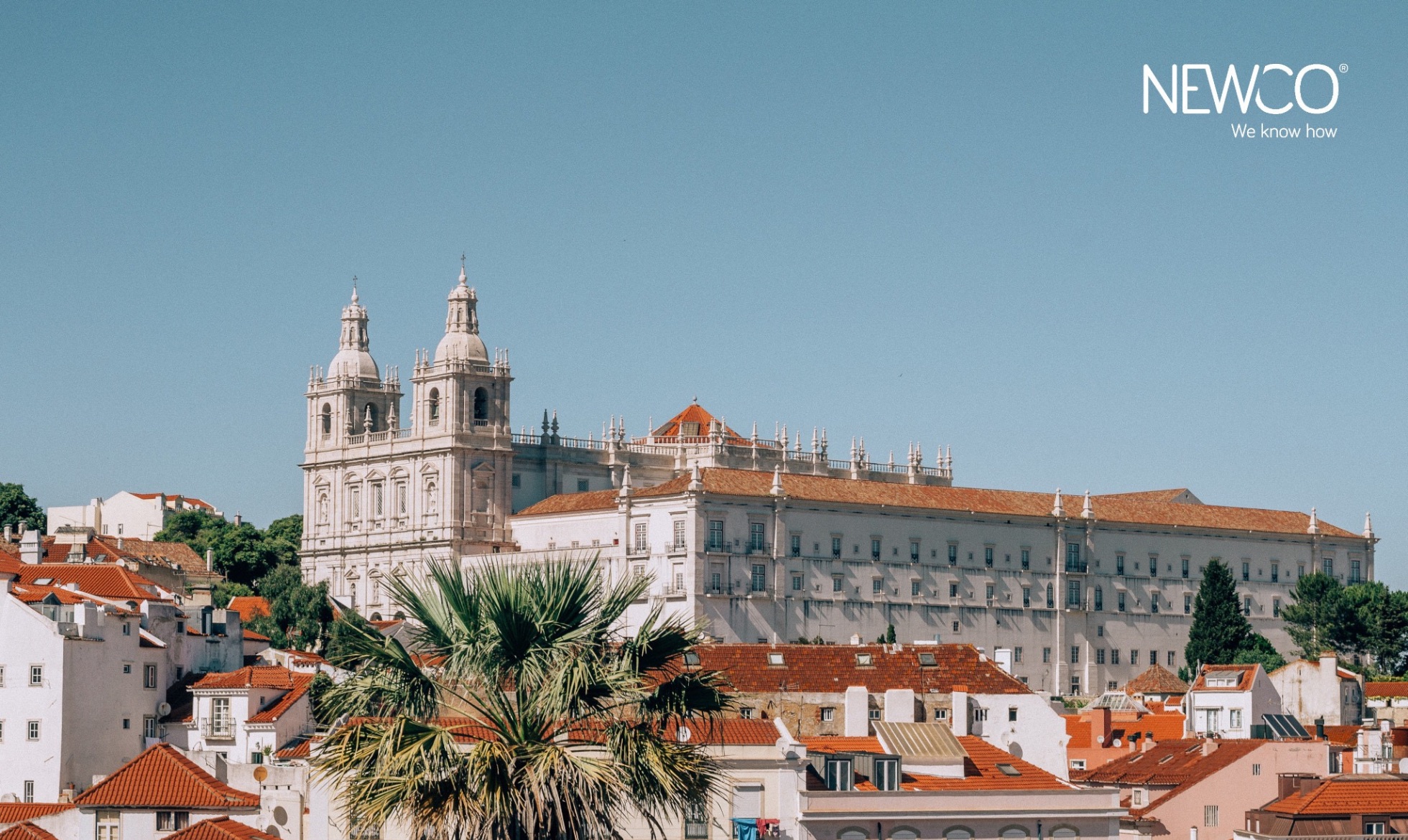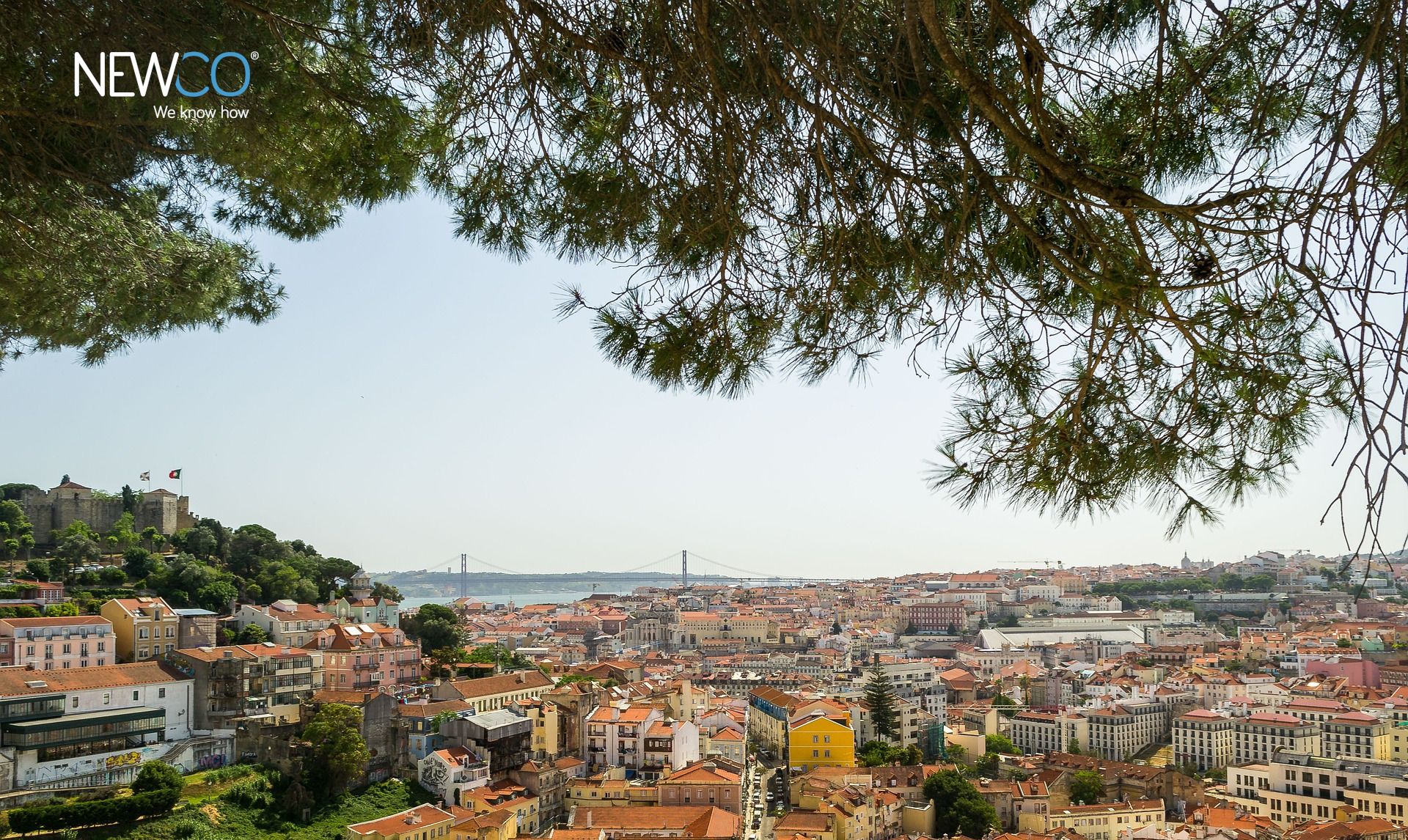10 Myths about the NHR Regime in Portugal
I don't need to be a tax resident in Portugal to benefit from the NHR regime
FALSE. One of the mandatory conditions to benefit from the NHR regime is to be a tax resident in Portugal in any given year, not having been one in the previous 5 years.
For example, someone who was a Portuguese tax resident in 2019, left Portugal and came back as a tax resident in 2023 cannot register as an NHR in 2023 because only 4 years have passed since they left Portugal and came back.
I can register as an RNH at any time of the year
IMPRECISE. You can obtain Non-Habitual Resident status until 31 March of the year following the year you became a tax resident in Portugal.
For example, if you become a tax resident in Portugal in 2023, you will have until 31 March 2024 to obtain your NHR status.
To be considered an NHR, I must provide a high-value-added activity
FALSE. The only requirements to benefit from the non-habitual resident regime are:
- Be over 18 years old
- Have tax residence in Portugal
- Not having been a tax resident in Portugal in any of the previous 5 years.
The benefits of the NHR regime for high value-added activities apply only to income obtained through services provided to entities not resident in Portugal.
FALSE. Income from high value-added activities (HVA) is:
- Taxed at the reduced rate of 20% if obtained in Portugal;
- Exempt from taxation if derived from dependent work provided outside Portugal and subject to taxation in the other country under the applicable double taxation treaty;
- Exempt from taxation if derived from self-employment provided outside Portugal and subject to taxation in the other country under the applicable double taxation treaty;
As an NHR, I am entirely exempt from taxation in Portugal.
FALSE. This special tax regime only offers exemption from taxation on the following income and conditions:
- Self-employment income earned outside Portugal, which has been effectively taxed in the other country with which Portugal has entered into a double taxation treaty;
- Self-employment income earned in high value-added service activities, if it can be taxed in another country with which Portugal has entered into a double taxation agreement.
- Income derived from intellectual or industrial property, capital income, property income and asset increases if taxed in another country with which Portugal has concluded a double taxation agreement.
Previously, pension income earned abroad was also exempt in Portugal. However, following a legislative change applicable since the beginning of 2020, they are now taxed in Portugal at a rate of 10%.
Be aware that all your income must be declared in Portugal, even income exempt from taxation in Portugal.




